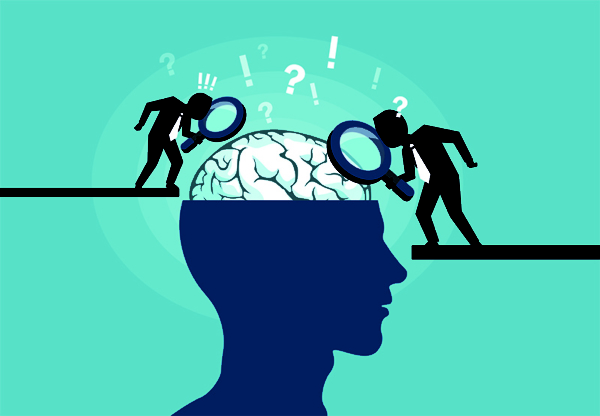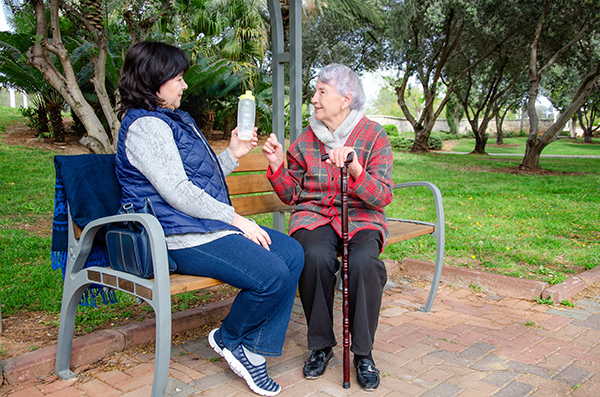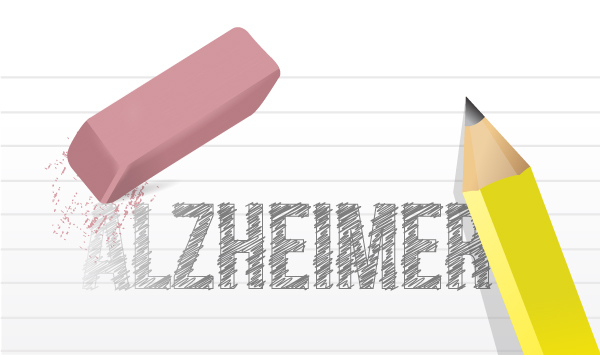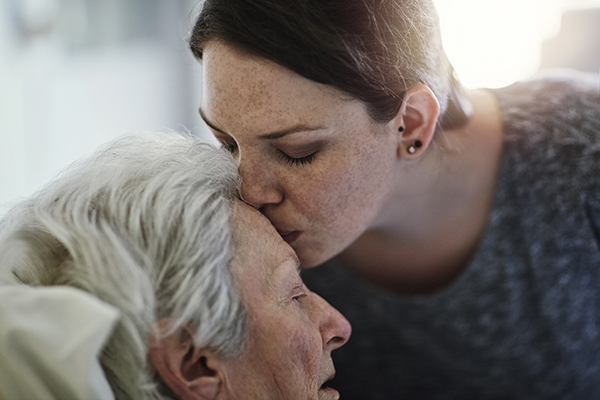How to Help when Dementia Affects Vision
The intricate steps necessary to enable us to see are mind-boggling. In the blink of an eye, our brains are able to take transmitted details of the world around us, interpret that information based on input from other senses, memories, and thoughts, and then create a perception of that information for making us aware of…










